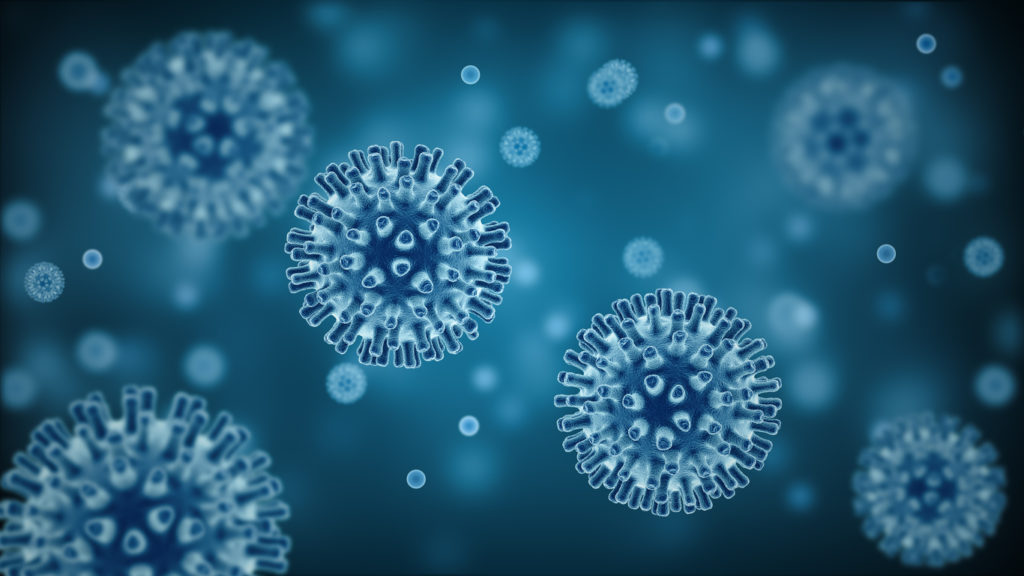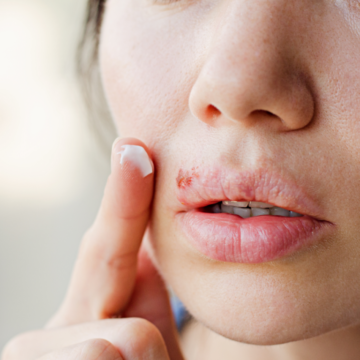Genital herpes can be pretty confusing. This is because symptoms can be confused with other conditions, and sometimes there can even be no symptoms at all! Herpes is caused by two types of viruses: herpes simplex virus 1 (HSV-1) and herpes simplex virus type 2 (HSV-2). Oral herpes is usually caused by HSV-1, and can result in cold sores or blisters – although most people have no symptoms of this either. The difference between the two different types of herpes, is that most people with oral herpes were infected when young from non-sexual contact with saliva. Oral herpes can also be transmitted to the genitals through oral sex.
Symptoms of genital herpes
As mentioned above, the symptoms of genital herpes can be hard to spot. You may notice some mild symptoms or mistake them for another skin condition. Sores usually appear as one or more blisters on or around genitals, rectum or mouth. These blisters can break and cause irritation and pain that can take time to heal. Sometimes these outbreaks come with flu-like symptoms such as swollen glands and fever.
Repeat outbreaks can occur, although they tend to be shorter and less severe than the first outbreak, and may decrease over time – although the infection stays in the body forever.
One way of determining if you have herpes is by getting a blood test. However, it cannot be established who gave you the infection, or how long you’ve been infected.
Can herpes be cured?
Unfortunately, there’s no cure for herpes. However, some medicine can prevent or shorten outbreaks, such as the daily use of antiviral medication. It’s important to get treated, as genital herpes can be severe in people with suppressed immune systems. Make sure that you see your doctors as soon as possible, and not to touch your sores or fluids from the sores – as you could transfer herpes to another part of your body. If you do touch the sores or fluids, wash your hands thoroughly to help avoid spreading the infection.
Can I have sex if I have herpes?
The first thing to do is to talk to your sex partner and tell him/her the risk involve. If you use protection, the risk could be lowered; however, you could still infect a partner. Daily suppressive therapy could also help lower your risk of spreading herpes to your partner. As outbreaks aren’t always obvious, it’s not always clear if you are contagious. There are a few days a year when herpes is active and possibly transmitted without symptoms present. As herpes has the ability to lay dormant in your body for years without showing any signs or symptoms, you could have been infected many years ago without knowing. Herpes can then resurface later, for example, when experiencing stressful life events or illness.
So, are we all doomed to get herpes?
Herpes may be common, but this doesn’t mean you’ll definitely get it – so don’t start panicking yet! And just because someone has the disease, it doesn’t mean they will transmit it. In fact, most outbreaks occur in the first one to two years, and after this, the body suppresses the virus for the most part. Also, there are effective treatments out there to deal with outbreaks, so it’s not the end of the world if you do have herpes. The fact is, herpes is very common, and it’s important to understand how you can fight back.
For information about genital herpes contact one of our friendly team.




